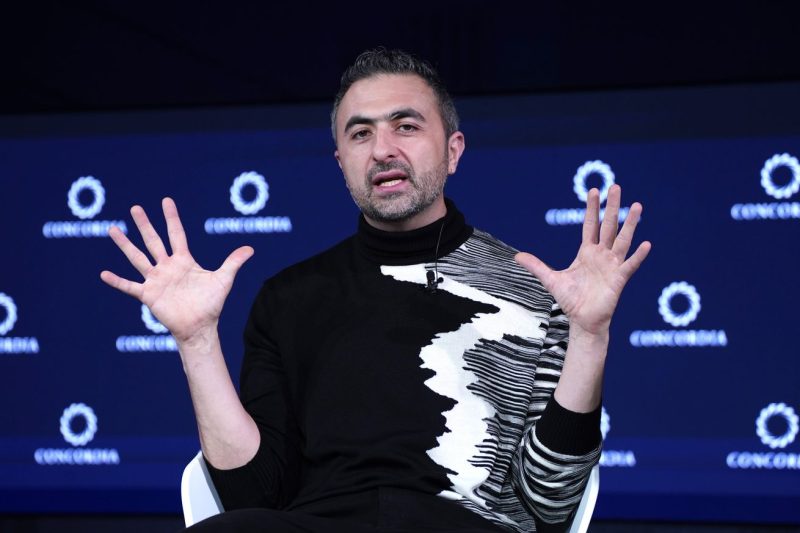
AI Overlord at Microsoft Gives Thumbs-Up to Content Pilfering from the Open Web
In the digital age, the concept of intellectual property and the ethics surrounding content creation and sharing have become increasingly complex. The rise of artificial intelligence and its ability to curate and generate content has added another layer of complication to this ongoing conversation. Recently, Microsoft’s AI boss made a controversial statement suggesting that it is acceptable to borrow content from the open web. This sentiment has sparked debate among content creators, tech industry experts, and the general public alike.
The statement made by Microsoft’s AI boss raises important questions about the ethical implications of utilizing content that is freely available on the internet. While it is true that much of the content on the web is accessible to anyone with an internet connection, this does not negate the fact that creators invest time, effort, and often resources into producing that content. By suggesting that it is permissible to borrow content without permission, Microsoft’s AI boss has brought into focus the issue of intellectual property rights and fair use in the digital space.
One argument in favor of the AI boss’s position is that the open web is meant to be a platform for sharing information and ideas freely. Supporters of this view might argue that by making content available online, creators are implicitly giving permission for others to use and build upon that content. Furthermore, they may argue that the sheer volume of content available on the internet makes it unrealistic to expect every individual or organization to seek permission before using or referencing material found online.
On the other hand, opponents of the AI boss’s stance emphasize the importance of respecting the rights of content creators. They argue that just because content is freely accessible on the internet does not mean that it is free for the taking. Copyright laws exist for a reason – to protect the rights of creators and encourage innovation and creativity. By disregarding these laws and suggesting that it is acceptable to steal content from the open web, the AI boss may be setting a dangerous precedent that could undermine the principles of intellectual property rights.
In conclusion, the statement made by Microsoft’s AI boss has sparked a significant conversation about the ethics of content sharing and intellectual property in the digital age. While the open web provides a wealth of information and resources for individuals and organizations to utilize, it is essential to consider the rights of content creators and the legal implications of using content without permission. Moving forward, it is crucial for individuals and companies to uphold ethical standards and respect the intellectual property rights of others in order to foster a fair and innovative digital environment.
